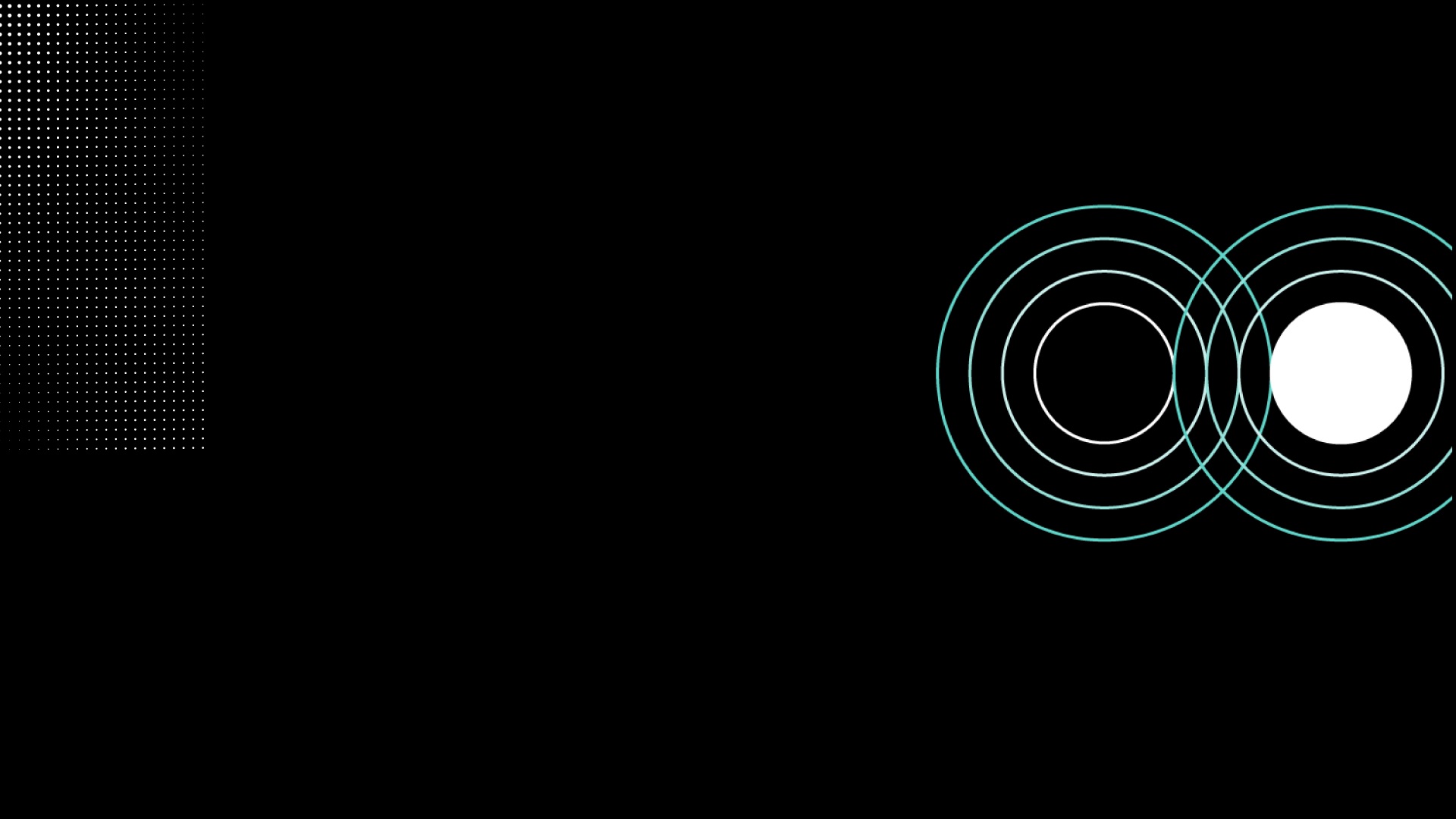The delivery market and digitalization of companies
In the latest Enredo Convida live, we talked to Celso Brandão, co-founder of EntregaWeb, the first online delivery platform, and today Head of Marketing at DeliveryMuch, which focuses on delivery outside of large urban centers.
Since the creation of EntregaWeb in 2011, Celso has been a pioneer in this online shopping market, living through various cultural and behavioral transitions in terms of consumption. How is this market developing? What are the ways for businesses to stand out in this sector? Where to start digitizing traditional businesses? These were some of the topics we covered in this conversation.
Employee Branding and Remote Working
We invited Lud Pimenta, from RHlab, a pioneering initiative in Brazil that has helped to rethink HR in the country, with a strategic focus and based on innovation tools such as Gamification, Design Thinking and Agile.
Follow this transparent and relaxed conversation about the Future of Work, Network Projects and the challenges of People Management.
Cash Flow and Management.
On Enredo Convida, we spoke to Juliano Martins, CEO of Marbo Contábil. The management specialist, who has worked at KPMG and Foraco (FR), gave his point of view on what managers and companies should be doing at the moment. Topics such as Best Practices, Cash Flow, Taxes and Government were discussed in this rich and enlightening conversation.
People Management, Leadership and Team Engagement
We spoke to Eduardo Afonso, one of the partners of Atma Genus, a Change Management and Behavior Design consultancy. Through Atma, Edu has led a major movement to humanize companies, helping brands such as L'Oreal, Itaú, Ultragaz and Ifood.
An inspiring talk about new ways of looking at people management in uncertain times.
The Home-Office Sales Scenario
We spoke to João Augusto Campos, one of the founders of Nectar CRM and the company's current CEO.
It's impossible to talk about sales in the startup ecosystem without mentioning João, who is now one of the great references on the subject in Brazil. At the head of Nectar - the Goiás startup that received the largest investment in the state's history - he was responsible for structuring a strong corporate culture, as well as a sales playbook that continues to perform well even in this unstable time.
Watch this inspiring talk, which covered topics such as the Sales Funnel, Home-Office, Customer Experience and Ideal Customer.
From ego to empathy
As a young designer you may have heard this phrase a lot. But what does it mean? As someone who is pretty empathetic and self-critical, I never felt like it applied to me. But in retrospect, I think that's because most people use "ego" to describe inflated self-importance, when it's really just a word that describes how we understand our personal identity.
The distinction is important because letting go of your ego can be a nuanced practice in empathy. It's not just advice for arrogant jerks, it's essential for anyone working professionally. As a designer, my thoughts, tastes and keystrokes obviously are part of the equation, but it took some time to figure out that I could not create work in a silo as a reflection of my "aesthetic."
To some of you this might sound like a bummer, but when you take on a client's challenges and their point of view, you will have to think differently. You will find new approaches and you will grow. But more on that later.
"As a young designer you may have heard this phrase a lot. But what does it mean? As someone who is pretty empathetic and self-critical, I never felt like it applied to me."
Ernst Neufert in "The art of architectural design".

OK, but what does this have to do with my brand?
As a young designer you may have heard this phrase a lot. But what does it mean? As someone who is pretty empathetic and self-critical, I never felt like it applied to me. But in retrospect, I think that's because most people use "ego" to describe inflated self-importance, when it's really just a word that describes how we understand our personal identity.

As a young designer you may have heard this phrase a lot. But what does it mean? As someone who is pretty empathetic and self-critical, I never felt like it applied to me. But in retrospect, I think that's because most people use "ego" to describe inflated self-importance, when it's really just a word that describes how we understand our personal identity.
From ego to empathy

As a young designer you may have heard this phrase a lot. But what does it mean? As someone who is pretty empathetic and self-critical, I never felt like it applied to me. But in retrospect, I think that's because most people use "ego" to describe inflated self-importance, when it's really just a word that describes how we understand our personal identity.
The distinction is important because letting go of your ego can be a nuanced practice in empathy. It's not just advice for arrogant jerks, it's essential for anyone working professionally. As a designer, my thoughts, tastes and keystrokes obviously are part of the equation, but it took some time to figure out that I could not create work in a silo as a reflection of my "aesthetic."
Famous last words
As a young designer you may have heard this phrase a lot. But what does it mean? As someone who is pretty empathetic and self-critical, I never felt like it applied to me. But in retrospect, I think that's because most people use "ego" to describe inflated self-importance, when it's really just a word that describes how we understand our personal identity.
Hope this answers some of your questions, Dmitro.
- Author's name
